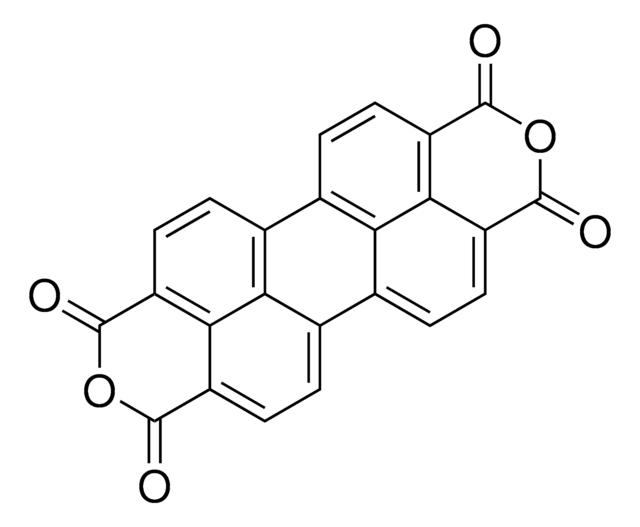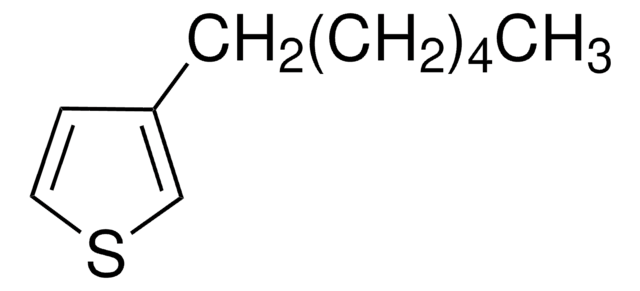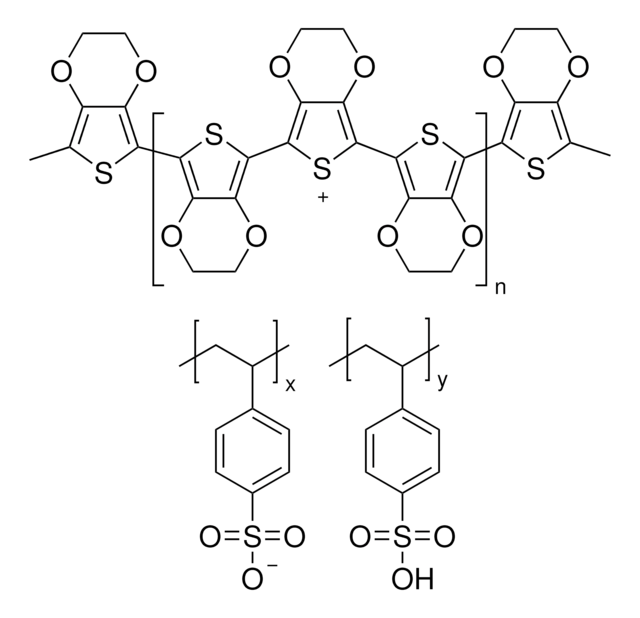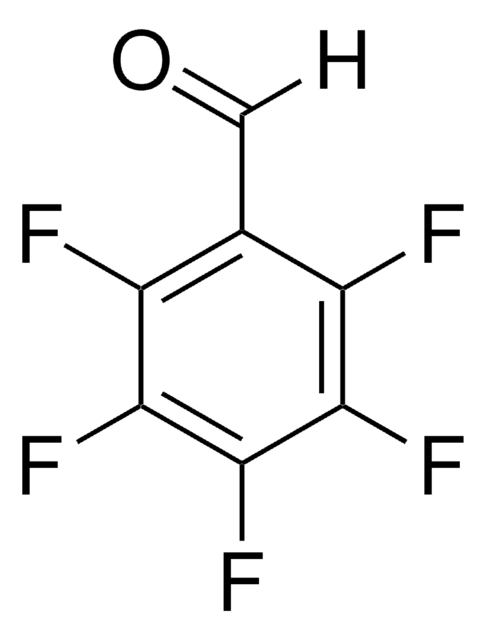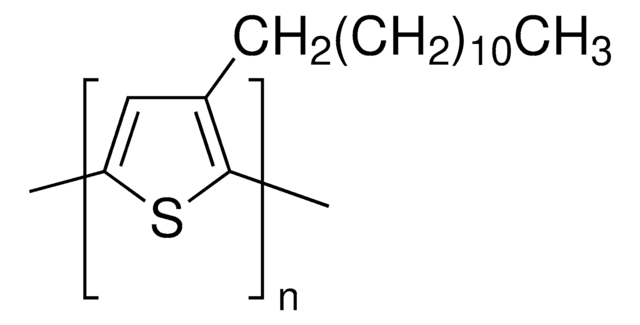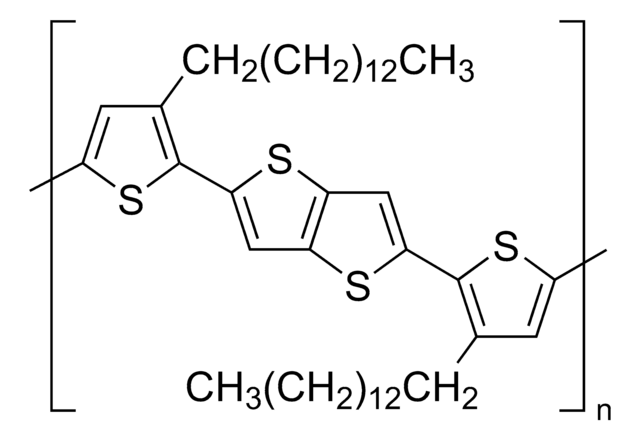445703
Poly(3-hexylthiophene-2,5-diyl)
regioregular
Synonyme(s) :
P3HT
About This Item
Produits recommandés
Niveau de qualité
Poids mol.
average Mw 50,000-100,000
Caractéristiques du produit alternatif plus écologique
Design for Energy Efficiency
Learn more about the Principles of Green Chemistry.
sustainability
Greener Alternative Product
Conductivité
~103 S/cm (when doped with iodine)
Pf
238 °C
238 °C
Fluorescence
λex 443 nm; λem 568 nm in chloroform
Énergie orbitale
HOMO 5 eV
LUMO 3 eV
Performance des dispositifs OPV
ITO/NiO/P3HT/PC61BM/LiF/Al
ITO/PEDOT:PSS/P3HT:PC61BM (1:08)/Al
Autre catégorie plus écologique
Propriétés du semi-conducteur
P-type (mobility=1E-4-1E-1 cm2/V·s)
Vous recherchez des produits similaires ? Visite Guide de comparaison des produits
Catégories apparentées
Description générale
Application
Caractéristiques et avantages
Good processibility, environmental stability and electroactivity.
Conditionnement
Informations légales
Rieke is a registered trademark of Rieke Metals, Inc.
Code de la classe de stockage
11 - Combustible Solids
Classe de danger pour l'eau (WGK)
WGK 3
Point d'éclair (°F)
Not applicable
Point d'éclair (°C)
Not applicable
Équipement de protection individuelle
dust mask type N95 (US), Eyeshields, Gloves
Faites votre choix parmi les versions les plus récentes :
Déjà en possession de ce produit ?
Retrouvez la documentation relative aux produits que vous avez récemment achetés dans la Bibliothèque de documents.
Les clients ont également consulté
Articles
Flexible electronic circuits and displays based on organic active materials are future generations of products that may eventually enter mainstream electronics market.
The soaring global demand for energy has created an urgent need for new energy sources that are both cost-competitive and eco-friendly.
The union of distinct scientific disciplines is revealing the leading edge of Nanotechnology.
PCBM-based n-type semiconductors - Find p- and n-type organic semiconductors available with PCBM library & properties.
Global Trade Item Number
| Référence | GTIN |
|---|---|
| 445703-1G | 4061832284019 |
Notre équipe de scientifiques dispose d'une expérience dans tous les secteurs de la recherche, notamment en sciences de la vie, science des matériaux, synthèse chimique, chromatographie, analyse et dans de nombreux autres domaines..
Contacter notre Service technique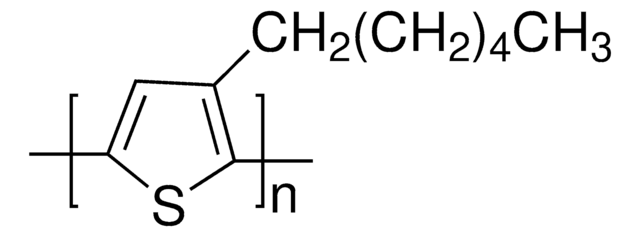
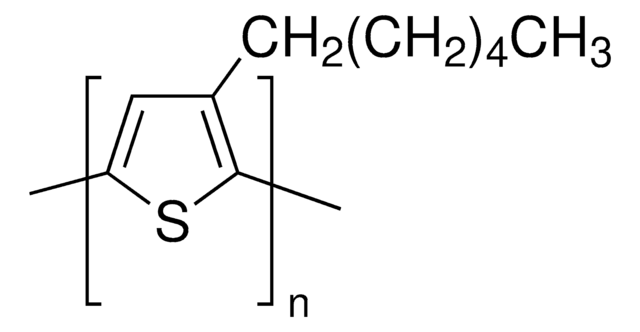
![[6,6]-Phenyl C61 butyric acid methyl ester ≥99%](/deepweb/assets/sigmaaldrich/product/structures/359/221/d990c746-0960-4c69-bf76-fe09b193824d/640/d990c746-0960-4c69-bf76-fe09b193824d.png)
